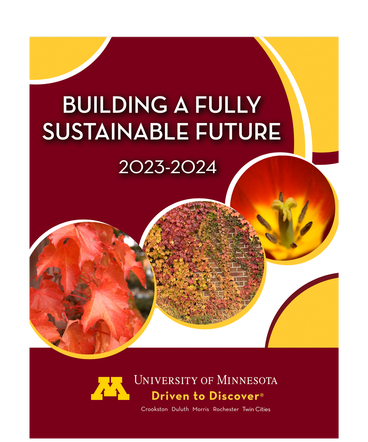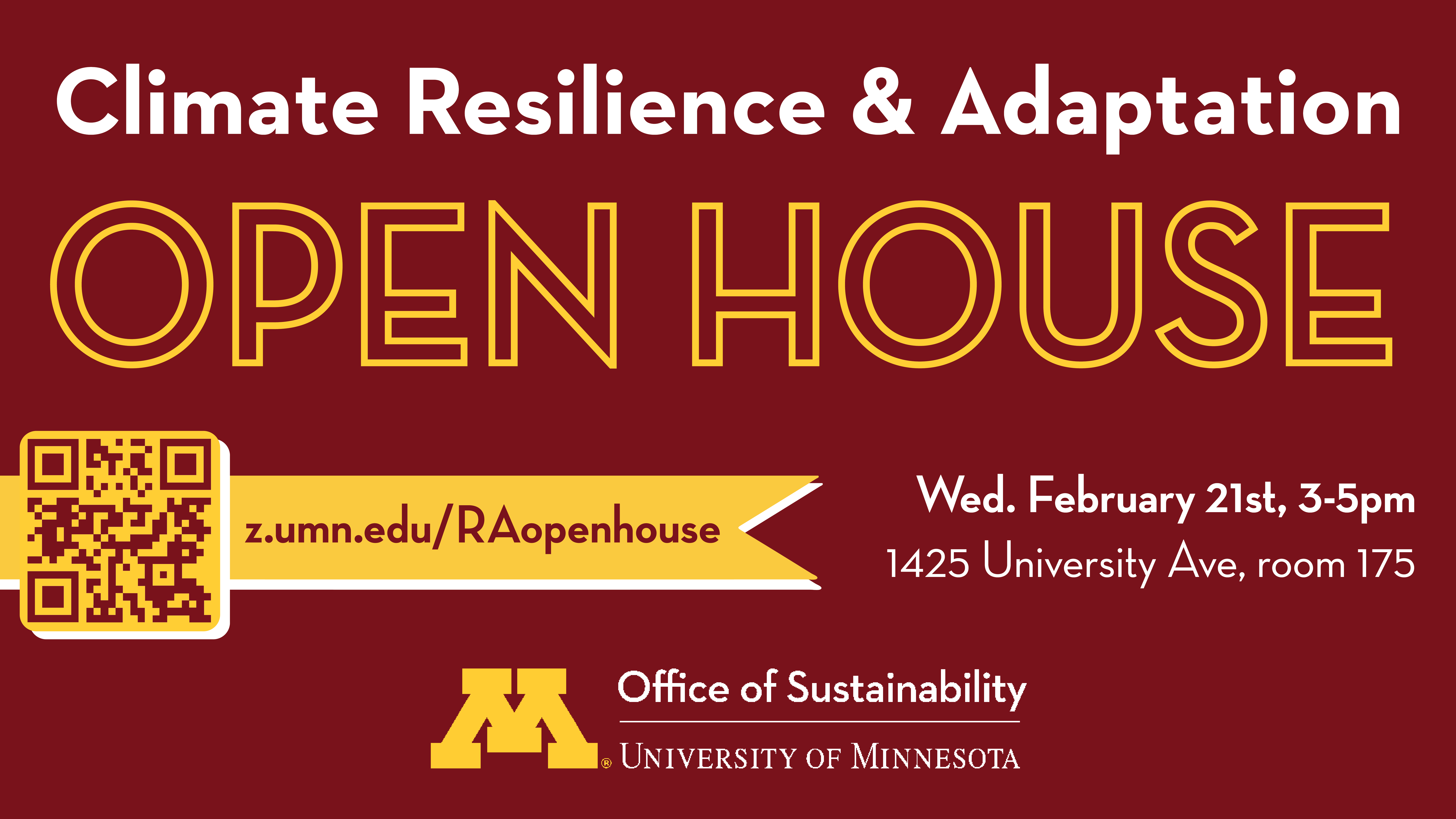
The University of Minnesota Twin Cities is excited to be a Host Institution for this year’s Global Conference on Sustainability in Higher Education, a virtual conference taking place on three separate dates - Oct. 18, Oct. 26, and Nov. 3, 2022. GCSHE offers 3 full days of live content and networking, plus eighty days of on-demand access (through December 31). As a Host Institution, we have 100 registration passes for our campus only and unique opportunities to be recognized for our commitment to sustainability. Sign up using the instructions below to gain free access to this great event: The University's participation as a host institution is made possible through support from The Office of Sustainability and Sustainability Education at the Institute on the Environment.
REGISTER NOW (FREE!)
Registration is open to all students, faculty, and staff on the Twin Cities campus. The first 100 participants can use the host institution code UNITWIN140822 and your University email address to register for free by November 3rd!
REGISTER
The GCSHE is the largest stage to exchange effective models, policies, research, collaborations, and transformative actions that advance sustainability in higher education and surrounding communities. Humanity faces a series of intensifying and interrelated social and ecological crises. Solving these crises requires a holistic transformation: a shift from an extractive economy to a regenerative economy. With a theme of “The Urgency of Now,”* this year’s Global Conference on Sustainability in Higher Education (#GCSHE) is a clarion call for transformative sustainability solutions that match the speed and scale of the challenges we face.
We hope you will be able to join us as we explore, reexamine, and re-envision sustainability in higher education.
Learn more about the AASHE Conference
View the conference schedule at-a-glance (*NOTE that times listed are in Eastern Daylight Time!)
*The theme takes inspiration from the words of Dr. Martin Luther King Jr., who in his 1963 I Have A Dream speech remarked: “We have also come to this hallowed spot to remind America of the fierce urgency of now. This is no time to engage in the luxury of cooling off or to take the tranquilizing drug of gradualism.” He uttered the phrase again in his 1967 speech Beyond Vietnam: A Time to Break Silence when he said, “We are now faced with the fact that tomorrow is today. We are confronted with the fierce urgency of now.” Those five powerful words are just as poignant today as they were in 1963 and 1967. On climate change as well as on matters of social justice, there is such a thing as being ‘too late,” as he famously noted.




